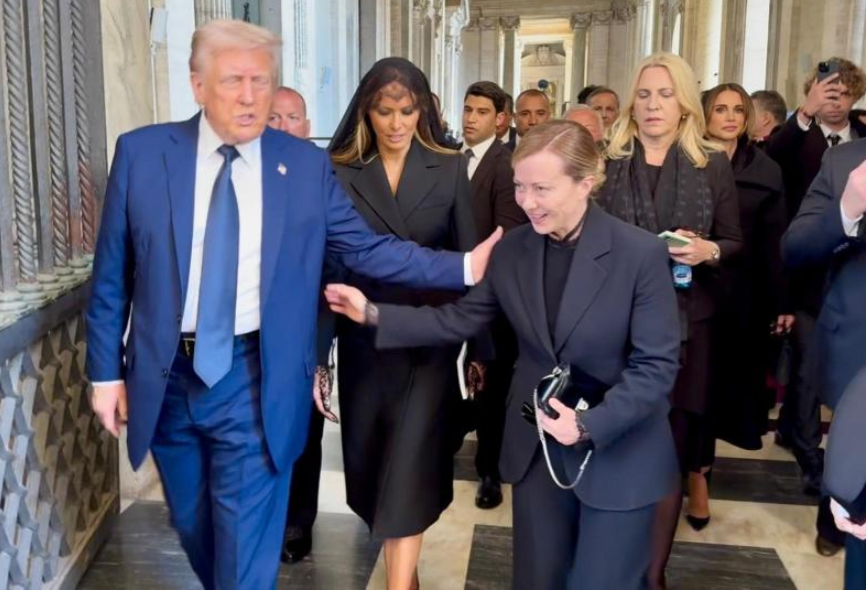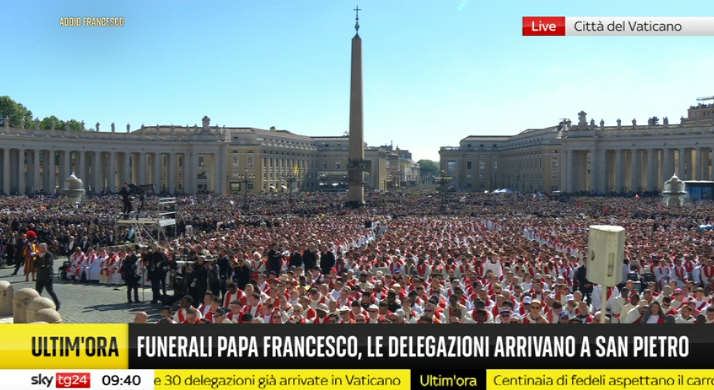LONDON (Reuters) – With just 100 days until Brexit, the EU’s executive cautioned that most banking, insurance and other financial firms in Britain would be cut off from the European Union if there is no divorce deal.
Prime Minister Theresa May’s failure to find a deal the British parliament will approve means the world’s fifth largest economy now faces three main choices: agreeing a last-minute deal, halting Brexit or leaving the EU without a deal.
No deal means there would be no transition so the exit, set in law as 2300 GMT on March 29, would be abrupt. Bank of England Governor Mark Carney said leaving the EU with no transition could be akin to the 1970s oil shock.
With fears growing that the political brinkmanship in London could lead, as May has warned, to Britain leaving without a deal, businesses and the EU’s executive ramped up planning for such an eventuality.
“Businesses of all sizes are reaching the point of no return, with many now putting in place contingency plans that are a significant drain of time and money,” the heads of Britain’s five biggest business lobby groups said.
European Commission President Jean-Claude Juncker said a disorderly Brexit would be an “absolute catastrophe”.
The world’s biggest corporates, ranging from Apple AAPL.0 and Toyota (7203.T) to J.P. Morgan (JPM.N) and Goldman Sachs (GS.N), have cautioned that Brexit could complicate their businesses.
The euro notched up its biggest daily rise against the pound in more than a week on Wednesday.
“The government is playing a very hardball game … as it delays the Brexit vote until the New Year, which is curtailing the debate over May’s plan and effectively giving little time for alternatives to be found,” Scotiabank said in a note.
May has delayed a vote on her deal until mid-January, prompting some lawmakers to accuse her of trying to force parliament into backing her by running down the clock as the March 29 exit day approaches.
NO DEAL BREXIT?
The European Union set out short-term measures to limit disruption to air traffic, financial services and trade if Britain left without a deal.
Every shipment of live animals or animal products from Britain would face controls at EU borders and Britons would lose the right to travel with their pets using EU pet passports.
Pro-Europeans fear Britain’s exit will weaken the West as it grapples with Donald Trump’s unpredictable U.S. presidency and growing assertiveness from Russia and China. They say it weakens Europe’s economy and removes one of its only two nuclear powers.
Brexit supporters say while there may be some short-term disruption, in the long-term the UK will thrive outside what they cast as a doomed experiment in German-dominated unity and excessive debt-funded welfare spending.
Without a deal, the United Kingdom would trade with the European Union under World Trade Organization terms.
But without a transition, London – which ranks alongside New York as one of the world’s top two global financial centers – would be cut off from the rest of the EU.
About six trillion euros, or 37 percent, of Europe’s financial assets are managed in the UK capital, almost twice the amount of its nearest rival, Paris.
In addition, London dominates Europe’s 5.2 trillion euro investment banking industry. New York is bigger, but centered on American markets.
As companies and the EU set out the dislocation they feared from an abrupt Brexit, the British parliament descended into uproar when opposition Labour Party leader Jeremy Corbyn appeared to mouth the words “stupid woman” about May. The Labour Party said Corbyn used the words “stupid people”.
The British government set out the biggest overhaul of its immigration policy in decades on Wednesday, ending special treatment for European Union nationals while promising to give businesses time to adapt to its post-Brexit plans.
Additional reporting by Philip Blenkinsop and Robin Emmott in Brussels and Kylie MacLellan and Andrew MacAskill in London; Editing by Janet Lawrence






Leave a Reply